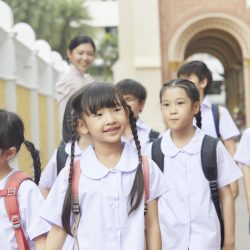SingaporeMotherhood | Parenting
November 2021
“How are the Children?” (now that it’s been two years of COVID)
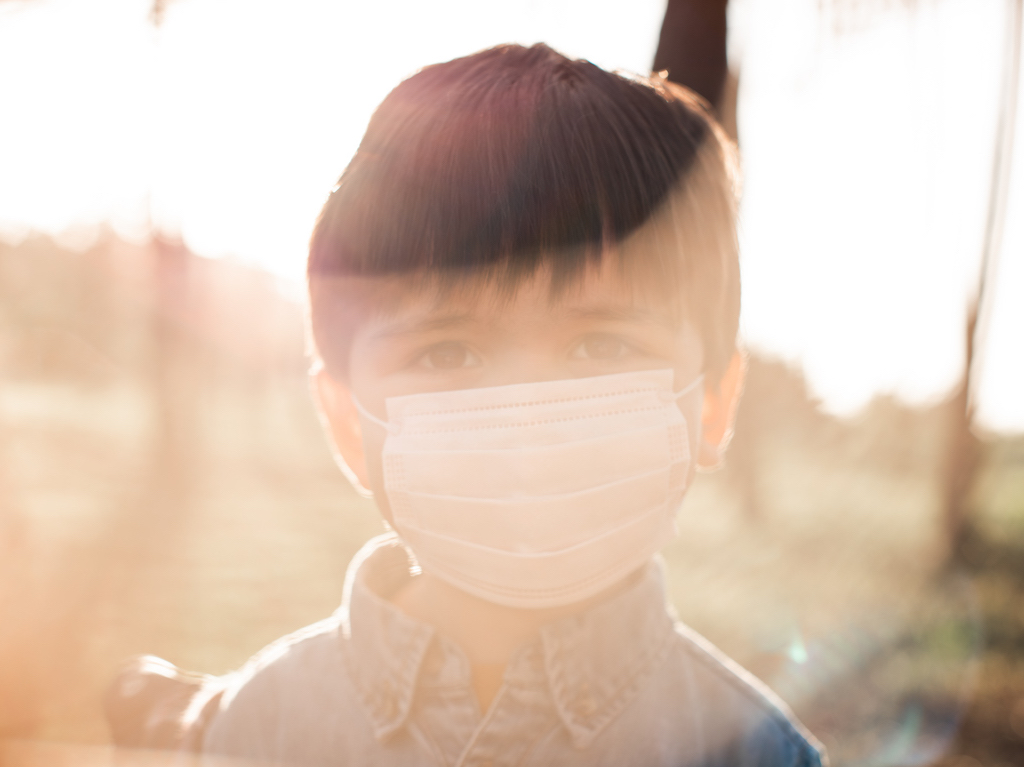
Alexander Lim (not his real name) has had two birthdays in lockdown. The 12-year-old has been resilient, trying to focus on the positives. He reminded herself that at least he was ‘safe’. Furthermore, he was able to see two friends per day. On top of that, he could eat cake, and still see his friends at school. Then in June 2021, the Delta variant emerged in Singapore. With it came a new slew of heightened restrictions, and home based learning (HBL) was enforced again. For Alexander, this was the straw that broke the camel’s back.
His parents saw a significant change in his mood. Alexander spent more time in his room playing Minecraft, had difficulties going to sleep, and would explode at the slightest request or comment. Alexander’s parents recognised that he needed help to manage his feelings. In addition they acknowledged that they needed help to support Alexander through this challenging time. This is when I met Alexander and his parents.
Alexander is not alone.
(See also: Noteworthy November: What’s In, Out, and About for Families in Singapore)
How COVID has changed our mental health landscape
Mental health professionals report spikes in clients experiencing anxiety and depression, blunted emotions, helplessness and a desire for a drastic change to something, anything in their lives.
Prior to the heightened restrictions that came with the Delta variant, there was a sense of optimism, a glimmer of hope that the light at the end of the tunnel was visible. An increase in vaccination rates would hopefully see an easing of restrictions. There would be an opening up in the areas of sports and extra curricular activities such as art, drama, singing, and music for children. Concerts and other entertainment would be able to go on.
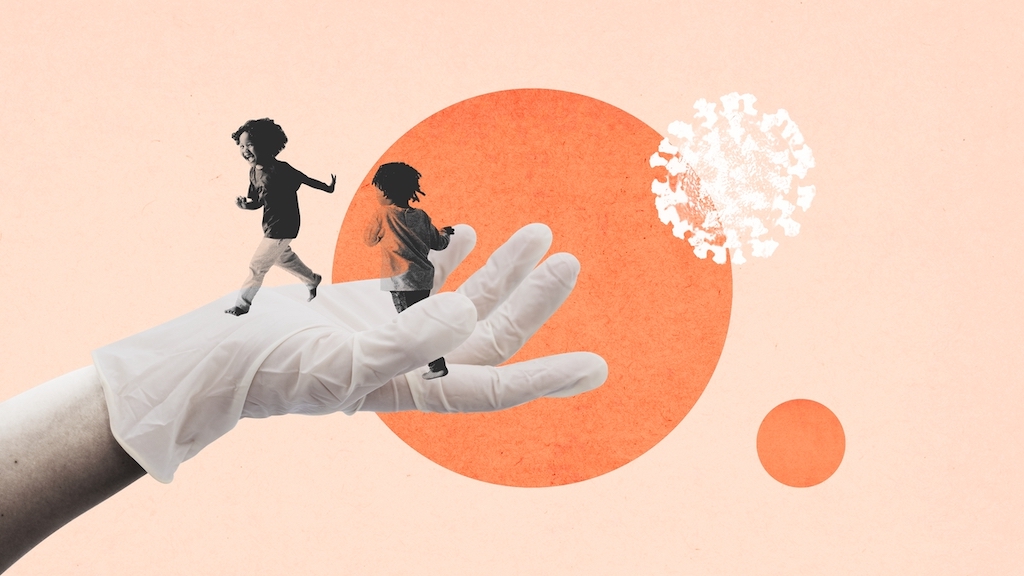
Many also hoped that more normal social connections would be able to resume. Unfortunately this has not yet been able to happen. Hence our children remain in a limbo wherein keeping hold of optimism is hard. The term ‘Pandemic Flux Syndrome’, coined by Amy Cuddy, PhD, and writer JillEllyn Riley in a Washington Post report is a painfully apt way to define what young people are experiencing.
The recent announcement to open borders to a significant number of countries is a source of new hope. Yet our current position, where international travel is possible but national restrictions around social interactions remain, creates mixed feelings.
Balvinder (not his real name) is a 44-year-old lawyer and father of three. He articulates what is a common thread amongst parents:
“I’m happy I can travel again, but my children can’t play sport or see more than two of their friends at a time.”
Striving for connection
Obviously, the health and well-being of our community is vital. Even before the success of the government’s vaccination programme, the need to look after the more vulnerable was clear. This was so even if it came at the cost of short-term sacrifices such as avoiding less necessary social interactions.
But that context has now changed. Vaccination has changed it. The length of time which our children have had to endure this period of uncertainty, disconnection and inaction has also changed it. We can no longer call this a short-term sacrifice.
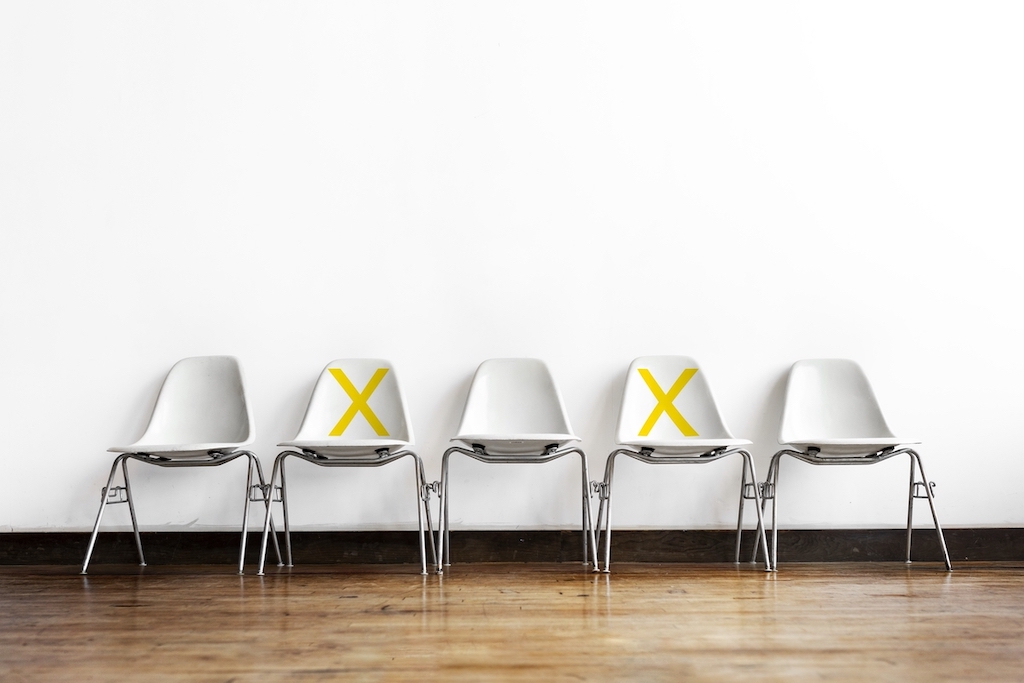
COVID has had an intense impact on our lives and many adults are experiencing mental health issues during this period. However we have voices and choices, while our children do not.
For nearly two years, children have not been able to play sport. They have not been able to gather in normal, spontaneous, playful ways. This is a significant percentage of their young lives. It is also a significant percentage of a key developmental stage in social and emotional learning.
COVID is having a significant negative impact on children’s mental health. Some of this impact can already be clearly demonstrated. The Samaritans of Singapore reported that suicide is now the leading cause of death for those aged 10 to 29 years (source). But it will take years before further human cost of this impact can be seen.
(See also: Top 10 Immune System-boosting Foods for your Child)
The impact on children’s mental health
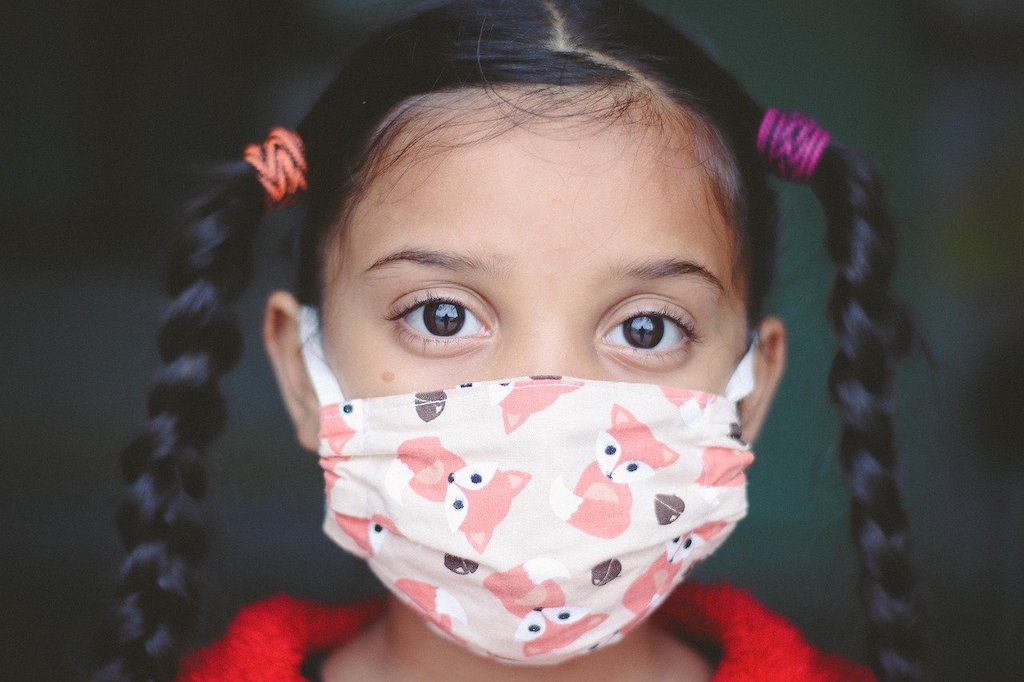
Psychologists know how disconnection and inaction impact young people. For adolescents to successfully transition through this vital developmental stage, they need social interaction with their peers.
It has been suggested that for young people, being without face-to-face social connection is similar to being deprived of a fundamental need such as food or sleep. The negative effects of safe distancing and prolonged lack of normal social interactions may have profound detrimental impact on our children’s physical, mental, emotional and social development, including their brain and behavioural development.
The World Health Organization (WHO) reports that lack of physical activity increases risk of diseases including heart disease, Type 2 diabetes, various types of cancer. It also affects mental and emotional wellbeing, as well as opportunities for healthy risk-taking behaviours.
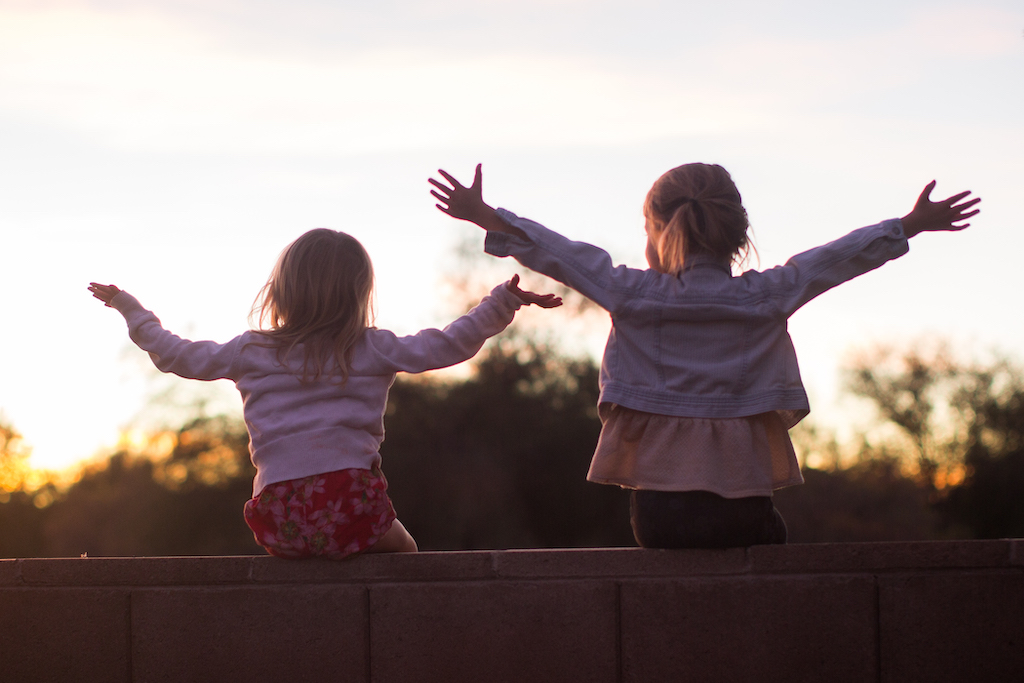
The WHO also reports that adolescents in Singapore have a higher rate of insufficient physical activity (83%), and are three times more overweight compared their peers from south asian countries (78%).
Now that the government’s vaccination programme has been so successful, it is time to look at ways to minimise this impact. For our children, playing sport and meeting up with friends are more important than we might think.
This article was contributed by Dr. Natalie Games, a Clinical Psychologist with Alliance Counselling. Dr. Games is a full member of the Singapore Psychological Society and a registered Clinical Psychologist and Clinical Supervisor with the Singapore Register of Psychologists (SRP) and Australian Health Practitioner Regulation Agency (AHPRA). Her areas of interest include working with individuals with affective disorders (depression), anxiety, self-harm, trauma, identity issues, relationship issues and personality disorders.
(See also: Depression in Children: Spot the Signs and Seek Help Now)
Featured image: Joana Lopes from Scopio
All content from this article, including images, cannot be reproduced without credits or written permission from SingaporeMotherhood.
Follow us on Facebook, Instagram, and Telegram for the latest article and promotion updates.




